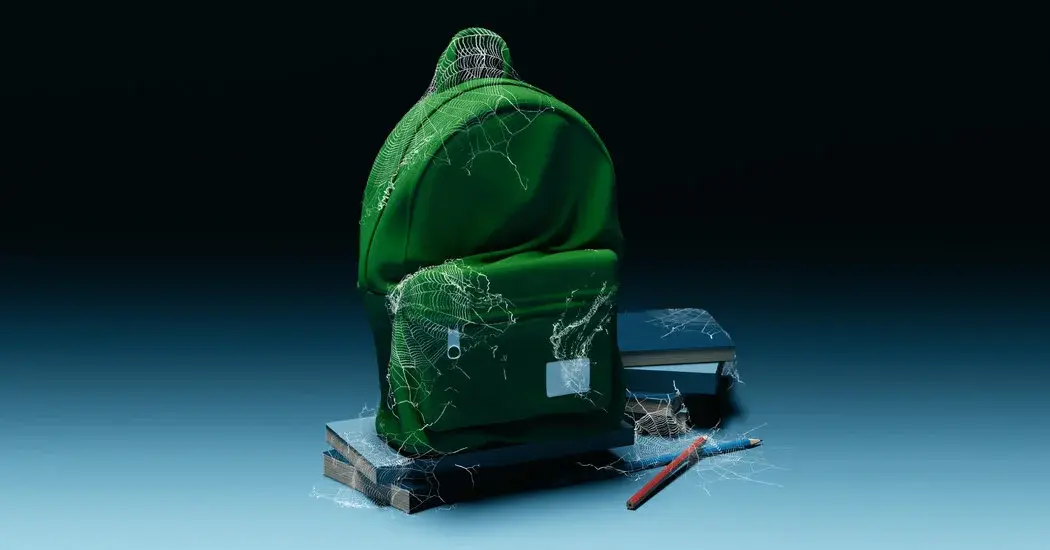NYT gift article expires in 30 days.
It’s the fault of whomever decided that a college degree should cost as much as a house
A lot of public universities still aren’t that expensive. It isn’t something that someone can easily pay their way through anymore, but it’s a far cry from what some private universities cost. I seriously don’t get why people get saddled with insane debt for some of these mediocre private schools.
The people who charge $300 for textbooks are surprised people don’t want to pay $300 for textbooks. Typical.
🤖 I’m a bot that provides automatic summaries for articles:
Click here to see the summary
These three researchers at the Federal Reserve Bank of St. Louis — Lowell Ricketts, William Emmons and Ana Hernández Kent — used the Fed’s survey of thousands of American households to consider the financial advantage that college graduates receive.
Carrying debt obviously diminishes your net worth through simple subtraction, but it can also prevent you from taking important wealth-generating steps as a young adult, like buying a house or starting a small business.
Douglas Webber, who was a professor at Temple University until he joined the Federal Reserve Board last year as a senior economist, has spent the last decade looking for new ways to calculate the value of a college degree.
What has changed, he has written, is that the premium now varies much more than it used to among individuals and groups: The “downside risk” to enrolling in college, he argues, has become “nontrivial.” When you look at Webber’s data, higher education no longer resembles a safe, reliable blue-chip investment, like buying a Treasury bill.
In July, the economists Raj Chetty, John Friedman and David Deming helped illuminate exactly how that system works when they published the most recent in their series of research papers analyzing the intersections of social class and higher education.
More recently, Douglas Holtz-Eakin, who served as the chief economist of President George W. Bush’s Council of Economic Advisers, wrote, with Tom Lee, a series of papers predicting an even greater shortage: 8.5 million missing American B.A.
Saved 94% of original text.




